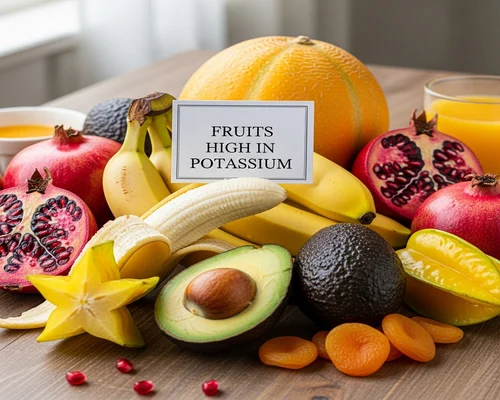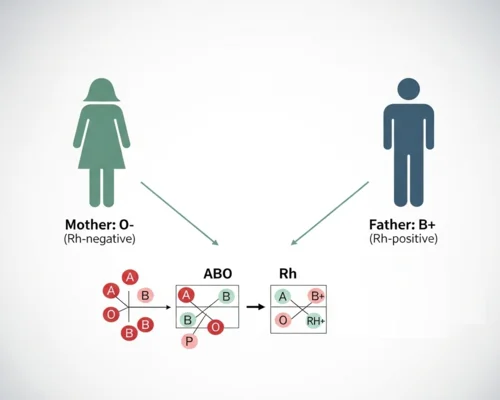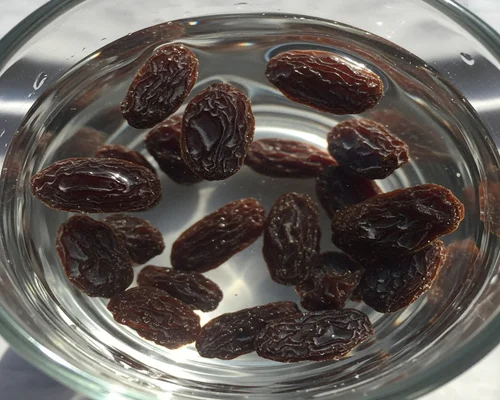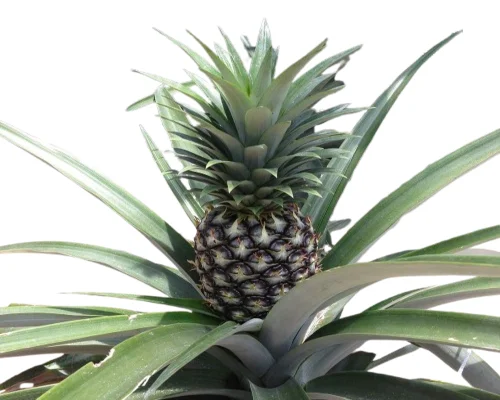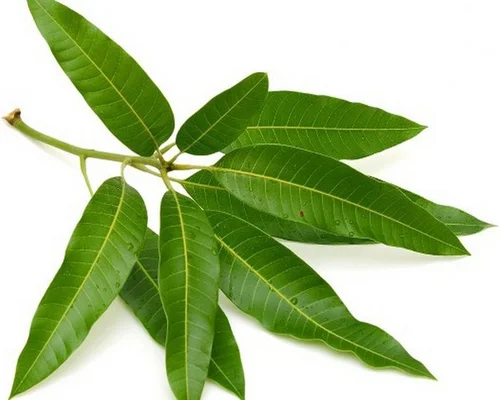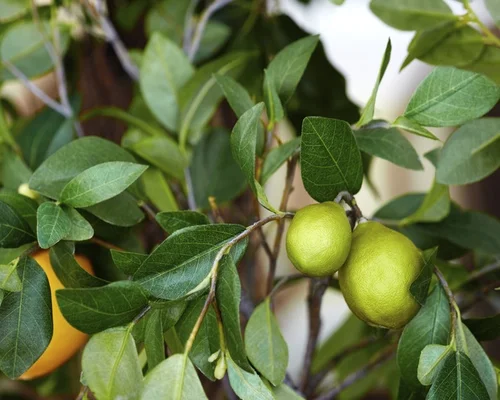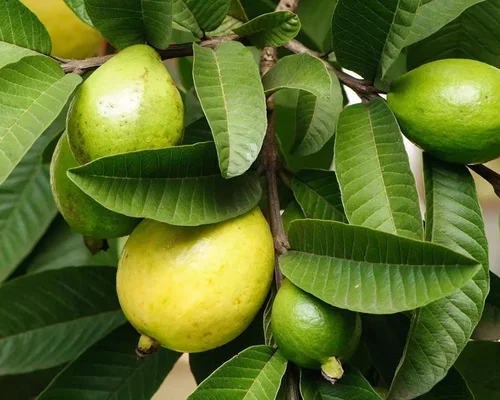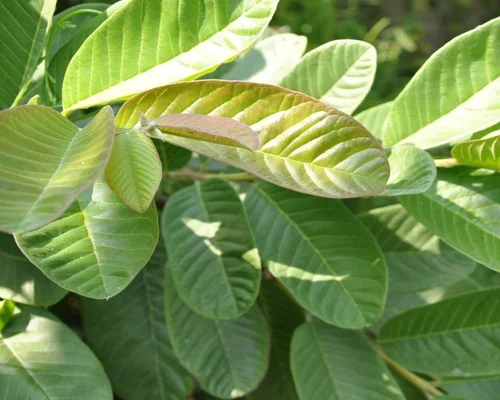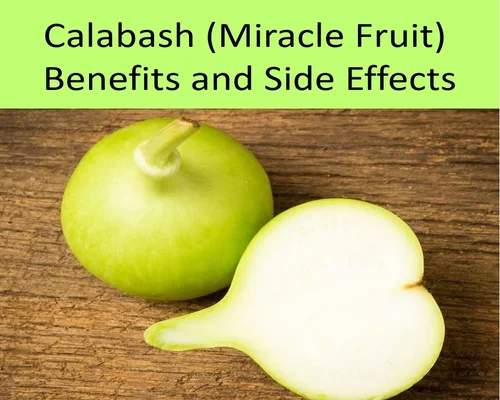
Calabash (Miracle Fruit) – Benefits and Side Effects
alabash miracle fruit benefits and side effects
Calabash (Miracle Fruit) – Benefits and Side Effects
Calabash (scientific name: Crescentia cujete), also known as the Miracle Fruit, is a tropical fruit often used in traditional medicine. It is valued for its potential health benefits, but it also has some side effects that should be noted.
Health Benefits of Calabash Fruit
1. Anti-inflammatory Properties
Benefit: Reduces inflammation in the body, which may help relieve arthritis, muscle pain, and swelling.
Usage: The pulp or decoction is often used in poultices for external application.
2. Respiratory Relief
Benefit: Traditionally used to treat asthma, cough, and bronchitis.
Usage: Drinking calabash juice or tea may soothe respiratory issues.
3. Digestive Health
Benefit: Acts as a mild laxative, promoting bowel movement and reducing constipation.
Usage: Consumed in small quantities to avoid excessive laxative effects.
4. Detoxification
Benefit: Cleanses the body by helping to flush out toxins.
Usage: Calabash juice is often used in detox drinks.
5. Antioxidant Properties
Benefit: Rich in antioxidants, which help neutralize free radicals and reduce oxidative stress.
Usage: Regular consumption may support overall health and immunity.
6. Wound Healing
Benefit: The pulp or leaves are applied externally to promote wound healing and treat skin infections.
7. Anti-microbial Effects
Benefit: Contains natural compounds that may fight bacteria and fungi, preventing infections.
8. Fever and Cold Treatment
Benefit: Traditionally used to lower fever and treat symptoms of the common cold.
Side Effects of Calabash Fruit
1. Toxicity in Raw Form
Issue: The seeds and raw pulp can be toxic if consumed in large quantities due to certain chemical compounds.
Precaution: Always cook or process the fruit before consumption to neutralize potential toxins.
2. Digestive Discomfort
Issue: Overconsumption may lead to diarrhea or stomach cramps due to its laxative properties.
Precaution: Consume in moderation.
3. Allergic Reactions
Issue: Some individuals may experience allergic reactions like rashes, itching, or swelling.
Precaution: Conduct a patch test or consult a doctor before use, especially for topical applications.
4. Pregnancy and Breastfeeding
Issue: The safety of calabash during pregnancy and breastfeeding is not well-studied.
Precaution: Avoid consumption during pregnancy without medical advice.
5. Interaction with Medications
Issue: May interact with certain medications, especially diuretics or laxatives, enhancing their effects.
Precaution: Consult your doctor if you are on medication.
Conclusion
Calabash fruit, often referred to as a "miracle fruit," offers several potential health benefits, including anti-inflammatory, detoxifying, and antimicrobial properties. However, its consumption should be approached with caution due to possible toxicity, digestive discomfort, and interactions with medications. Always consult a healthcare provider before using it as a remedy.

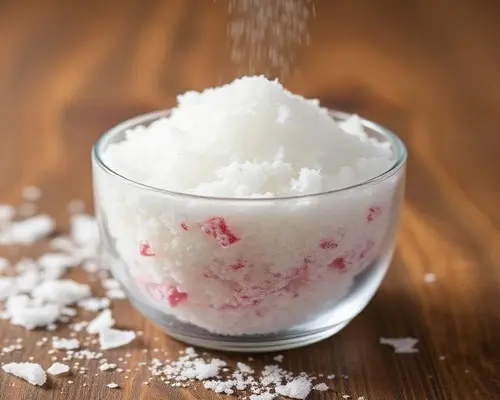


-vegetable.webp)



